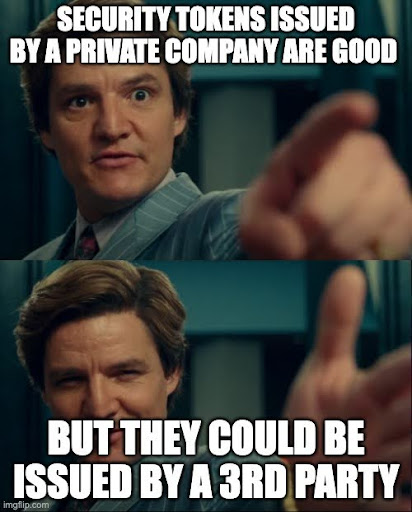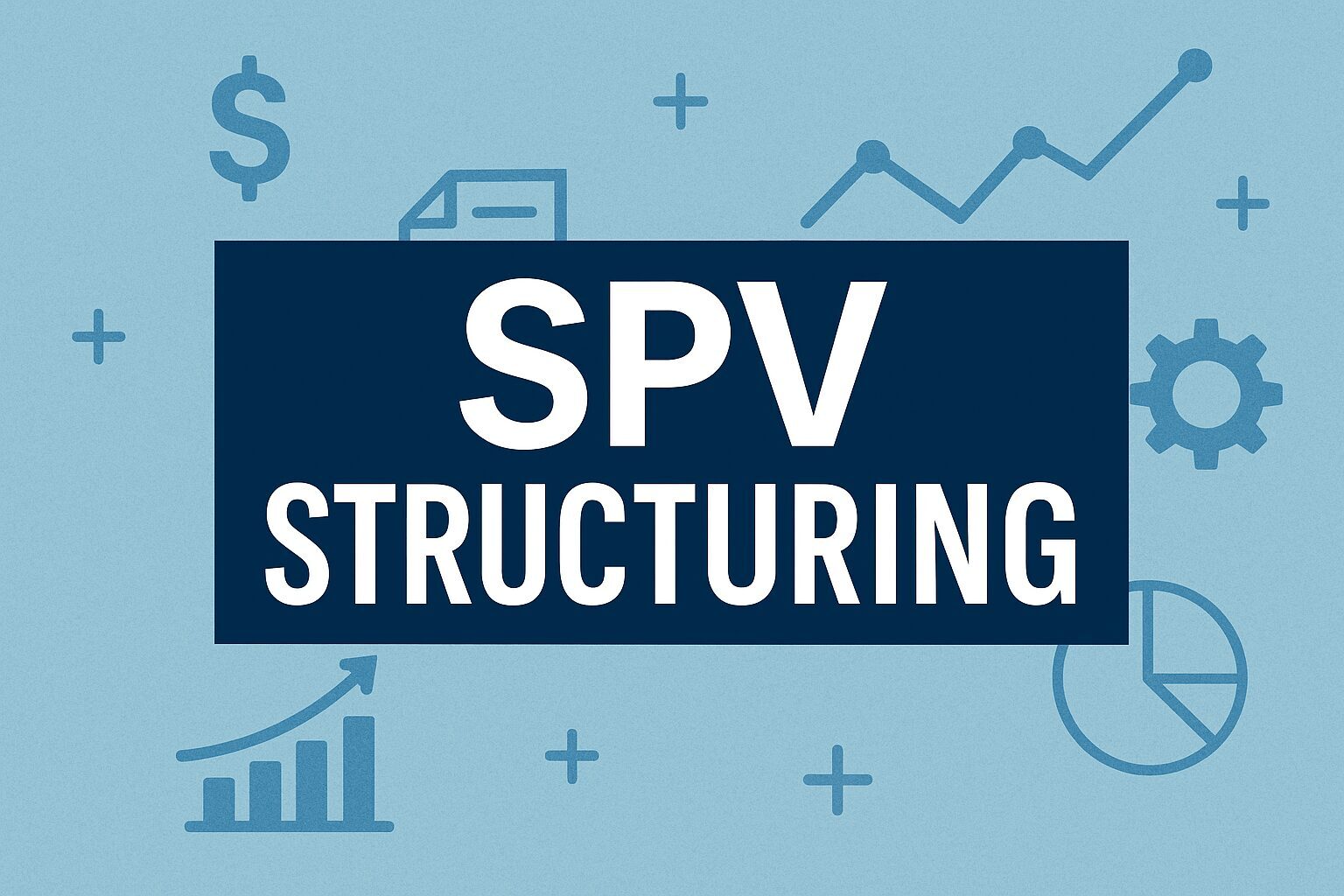U.S. employee engagement has hit a 10-year low, according to a recent Gallup poll. Some employees are sticking it to big businesses by “revenge quitting”. Others in search of the best compensation packages are choosing to job-hop. In other words, employee retention is a growing problem that’s impacting long-standing companies and startups alike.
Startups tend to attract talented individuals aiming to get in on the ground floor of the next big company. The flashy initial public offering (IPO) was once thought to be the best way for startup employees to cash in. But traditional equity compensation, often tied to an IPO or acquisition event, leaves employees with no immediate access to the value of their stock options.
Fortunately, the rise of private secondary markets has created a new opportunity for employees, a boon for startups looking to retain top talent.

What is the private secondary market?
The private secondary market refers to transactions involving shares of companies that have not gone public. And it is more accessible than ever before, thanks to new platforms that facilitate this type of trading.
Marketplaces like the one operated by Augment* allow investors to buy and sell existing stakes in private companies or funds before a traditional exit event, such as an IPO or acquisition.
High-profile firms like SpaceX and Stripe, both currently trading on Augment, have seen their values soar in the private market, offering a more immediate financial reward for employees who sell when the time is right.
Workplace benefits of the private secondary market
IPOs hit a record low in 2023. Staying private longer has proven to be an effective tool for combating volatile market conditions. But doing so means employees with stock options must wait longer to realize their true wealth.
That’s where the private secondary market comes in. By embracing secondaries, startups can enable employees to reap more immediate rewards, making them feel valued and invested in the company’s success — without making a major dent in its bottom line.
For example, imagine you’re a worker at Stripe, which recently gave former and current employees the green light to sell their stakes in the startup on secondary marketplaces. You connect with an interested buyer on Augment and offload a portion of your holdings to finance your upcoming wedding. (Or spring break bash in Cabo, if that’s more your speed.)
This transaction might foster the same sense of fulfillment, security, and company loyalty as a bonus or paid vacation. But Stripe didn’t have to shell out for that perk — just be a little forward-thinking.
The road to retention
Tech companies in particular are using the private secondary market to go through multiple stages of growth before going public. And some founders and leadership teams who do so have found that secondary liquidity can be a profitable means to an end.
Secondary transactions can help company leaders establish a shareholder base while remaining free from the heightened scrutiny of the public sphere. And the ability to offer liquidity through secondary markets is a powerful tool for startups looking to compete for top-tier talent and retain their best employees in the long run.
In other words, access to liquidity increases engagement, creating a stronger bond between employees and the company. They gain a sense of ownership, which is crucial for gaining a long-term commitment and reducing turnover.
*Securities transactions are executed on Augment Capital, LLC's ATS and offered through Augment Capital, LLC (member FINRA/SIPC).
Important Disclosures: Investing in private securities involves substantial risk, including the potential loss of principal. Private securities are typically illiquid, have limited pricing transparency, and often require longer holding periods. These investments are available exclusively to qualified accredited investors and offer no guarantee of returns. Additionally, past performance of private securities does not indicate or predict future results.






